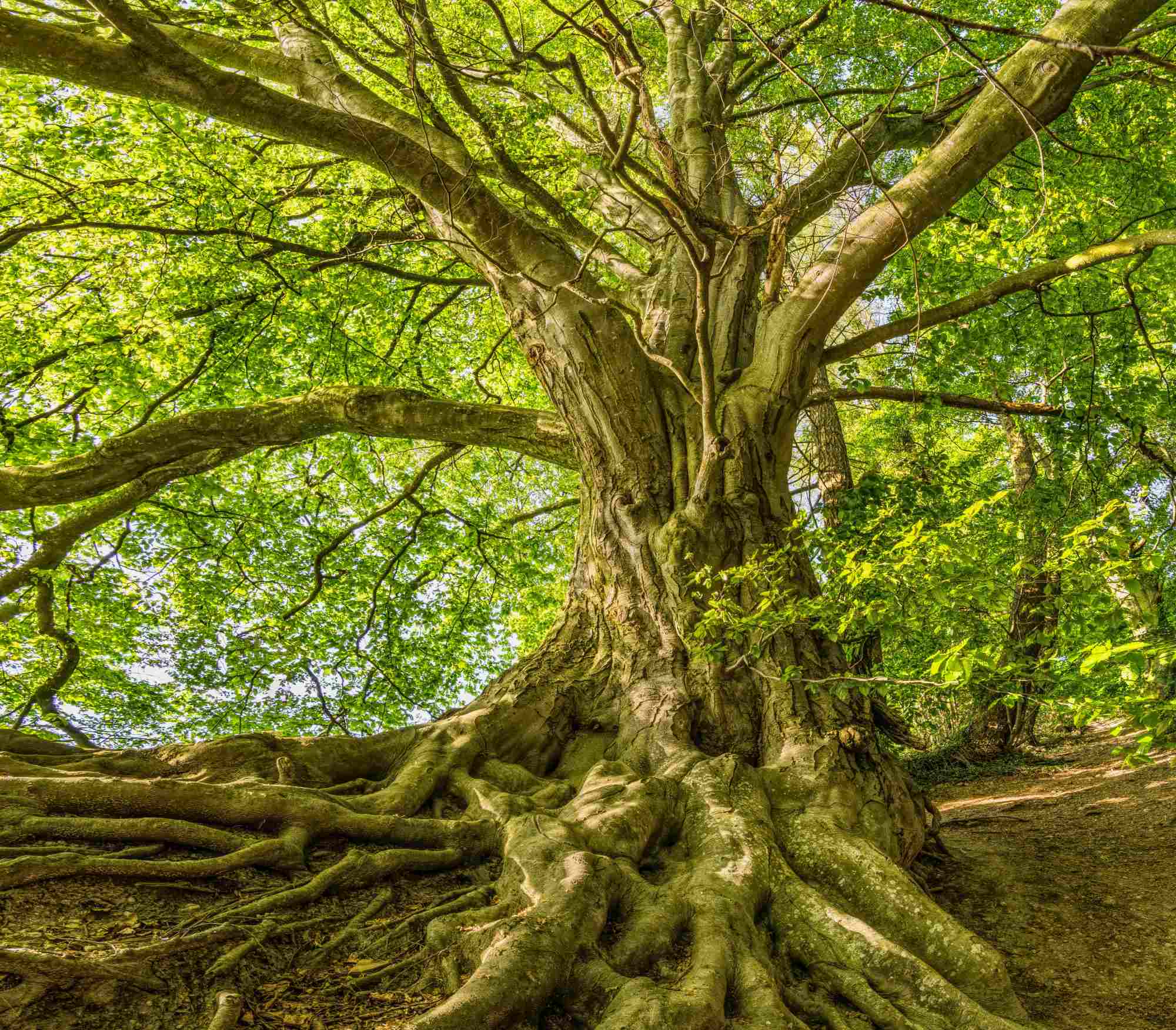
When the World Climate Research Programme launched their My Climate Risk Lighthouse Activity, the Walker Institute was a natural choice to be one of the 12 original regional hubs in this global network. Why? Because everything that My Climate Risk stands for, the cross-disciplinary approach, the emphasis on people-first decision-oriented adaptation, the aim to share science with the stakeholders that really need it, are the founding blocks of the Walker Institute.
My Climate Risk provides a new framework for applying climate related research in a regional context, making sure that the projects in which the members of the hub are involved have real meaning and trying to bridge the gaps between research, policy and action. What makes My Climate Risk even more unique, is its basis as a mycorrhizal network, meaning that rather than having any kind of hierarchical structure, those within the network can reach out to each other sharing knowledge, practice and resources as and when this is needed, growing links across the network in a naturally evolving way.
Embedded within the Walker Institute is the Walker Academy, our interdisciplinary training arm, which aims to equip the next generation of researchers, practitioners and policy makers with a better understanding of the complex interconnections across components of the climate system and its impact on livelihoods and the environment. Our immersive and participative courses include topics such as multistakeholder engagement strategies, knowledge co-production and the annual COP Climate Action Studio (COPCAS). Each of these trainings seeks to foster skills in transdisciplinary and intersectoral working – essential dimensions of My Climate Risk. Alongside this capacity building, the Walker Institute is also involved in many related research projects, applying a stakeholder led, decision centric approach to climate risk assessment across the globe.
Being part of the My Climate Risk network has already led to some interesting and unusual collaborations, but the Walker Institute is keen to expand this interdisciplinary research space still further by introducing the My Climate Risk Interdisciplinary Reading Group. Through our monthly meetings we aim to address the differences in lexicon and approach between different disciplines, so that experts across diverse fields can discuss climate risk and adaptation and be inspired to take a more comprehensive view. Members of the My Climate Risk network and beyond meet to hear highlights of a paper that has proved inspirational to the chosen presenter and then to discuss the implications of this work from a broader viewpoint. For example, Professor Coleen Vogel introduced us to Maria Kaika’s paper “Don’t call me resilient”, leading to a debate on how transformative and even transgressive action should be to inspire more timely adaptation. Dr Neil McCulloch’s talk on removing fossil fuel subsidies resulted in a fascinating discussion on how such policies could be made more palatable to stakeholders and later this month we will welcome Dr Richard Selby to share his expertise on the effect climate change is having on the spread of neglected tropical diseases.
Another exciting opportunity for the My Climate Risk research community to meet and discuss practical approaches to climate science occurred in October, during the World Climate Research Programme Open Science Conference in Kigali, Rwanda. This event drew together almost two and a half thousand scientists, both in person and online, to discuss the latest advances across a variety of climate monitoring, modelling, adaptation and mitigation themes. Four members of the Walker Team attended the conference, with Professor Ted Shepherd and Dr Elena Saggioro presenting their research into the use of climate storylines for moving between climate projections and policy action based on comprehensive climate risk assessment and Fiona Spuler discussing bias adjustment of climate projections. A learning lab was hosted at the conference by the My Climate Risk network led by the Argentinian National Scientific and Technical Research Council, collecting views on making climate science meaningful at a local scale. This conference has a direct input to COP28, with the “Kigali declaration”, a global scientific consensus on climate change and climate science for action collected at the conference, due to be presented in Dubai.
From all of this we hope to have conveyed a flavour of what life as a ‘My Climate Risk’ hub is like for the Walker Institute and why this network is critical in ensuring just and decisive climate action, based on a synergy of robust science and stakeholder input.
By The Walker Institute Team

